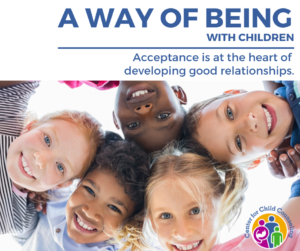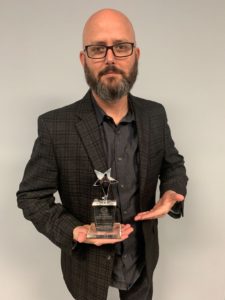Every child is filled with tremendous promise – and, as a community, we have a shared obligation to foster that potential.
The stress of the past two years has been unprecedented. The current state of the world has taken a toll on everyone’s mental health, well-being, and even sense of hope for the future.
Our families and communities are struggling with overwhelming grief and loss arising from the pandemic. Economic insecurity, racism and discrimination, political unrest – and now a war are additional threats to our sense of safety. These experiences are potentially traumatic, and if unbuffered, may have long-term health consequences.
Anxiety, depression, and suicide rates in teenagers were increasing and at an all-time high before the pandemic. The cumulative impact of social isolation, loss, and stress have amplified mental health concerns. As mental health providers, we simply can’t address these issues alone.
How do we build hope and resilience when it feels like our world is burning down?
In February, Benjamin Perks was the keynote speaker at Center for Child Counseling’s (CFCC) Lead the Fight event. In his address, he explained the importance of connection, not as a luxury but part of our evolutionary biology. “We depend on adults for three things–for love, for nurture, and for protection. We have a biological need to be loved…it’s there from day one.”
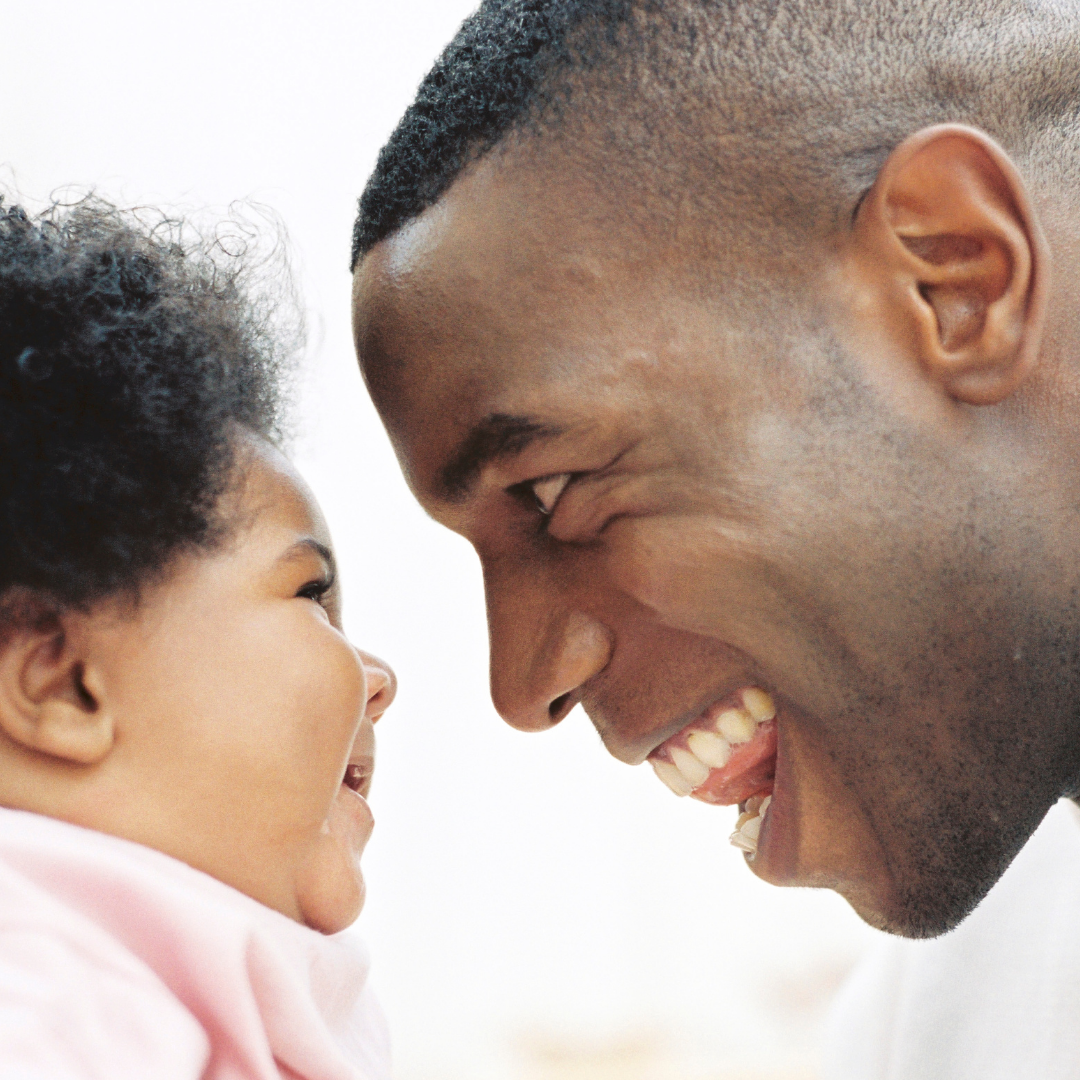 Anyone who has looked into the eyes of a newborn baby knows from infancy, humans seek connection. We carry this need for connection throughout our lifetime, and from birth it provides the foundation for all relationships.
Anyone who has looked into the eyes of a newborn baby knows from infancy, humans seek connection. We carry this need for connection throughout our lifetime, and from birth it provides the foundation for all relationships.
Studies show that connection can build resilience in individuals exposed to adversity and trauma. Newer research is looking at how isolation impacts adults struggling with mental illness and the importance of creating networks of support as a part of the treatment process. At varying levels, we all felt the impact of social isolation during the pandemic.
Building hope and resilience for the future means building a community where all children and families feel loved, protected, nurtured – and connected. As we continue to emerge in the aftermath of COVID-19, we need to actively work on developing positive social connections and relationships, particularly for children, families, and communities who have experienced an overabundance of adversity, stress, and trauma.
How do we go about building resilience for those who have experienced ongoing adversity and trauma? First, we must shift our concept of resilience, which is often conceptualized as an individual trait, which means it is up to the individual to fix themselves, rather than looking at systemic issues that may keep adversity and trauma firmly in place. Shifting our mindsets to view resilience as a community trait and putting our efforts into creating communities where we care for EVERY child and family must be at the forefront.
Creating opportunities for Positive Childhood Experiences (PCEs) through buffering relationships is the antidote to Adverse Childhood Experiences (ACEs). Every one of us has the opportunity to make a difference for a child facing adversity, whether as a teacher, coach, mentor, or attorney. For a powerful example of this in action, Juleus Ghunta, author of “Rohan Bullkin and the Shadows: A Story about ACEs and Hope” talks about his life and experiences as a survivor of about 18 adverse childhood experiences.
As a community, it is up to all of us to build hope and resilience for the future.
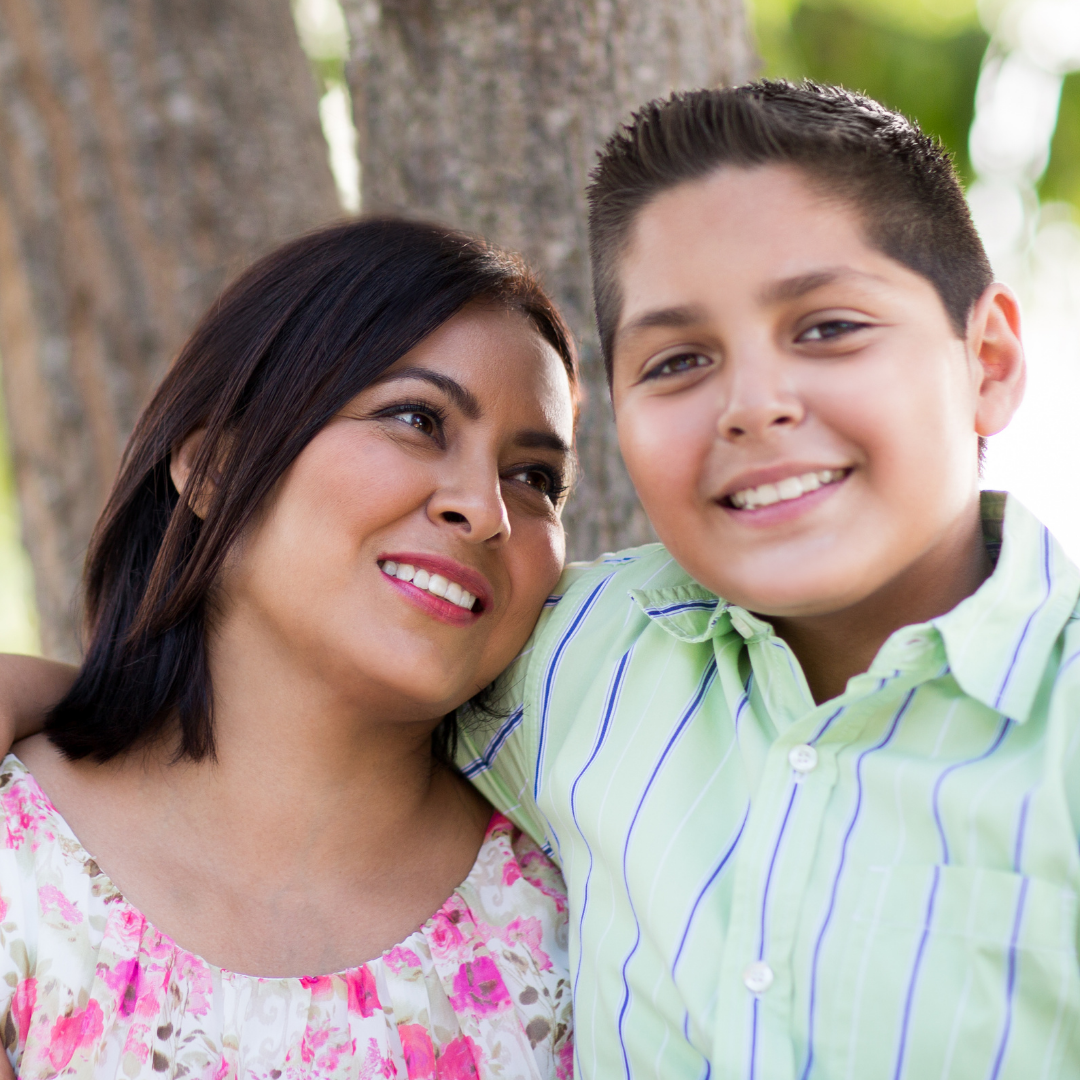 At the Center for Child Counseling, we focus on a public health approach to building awareness and action around addressing childhood adversity and trauma.
At the Center for Child Counseling, we focus on a public health approach to building awareness and action around addressing childhood adversity and trauma.
The science of prevention shows that we don’t have to wait for a child to fall apart emotionally before we do something, so building the capacity of caregivers and our entire community is essential. Collective efforts such as Birth to 22 and BeWellPBC are working toward creating an equitable community where all children have the opportunity to grow up feeling safe and loved.
The leadership and passion that drives this work provides us all with hope for the future.
This article was in April 2022 edition of The Well of PBC, click here to read the full issue. For more information and resources, check out our ACEs Toolkit, Fighting ACEs White Paper, and A Way of Being with Children: A Trauma-Informed Approach to Building Resilience.
Through grants through the Florida Blue Foundation, Children's Services Council of Palm Beach County, and the Early Learning Coalition of Palm Beach County, there is no cost for the A Way of Being with Children manual and training for childcare centers, schools, and organizations in Palm Beach County. Learn more about our mission and impact: A message from our CEO.

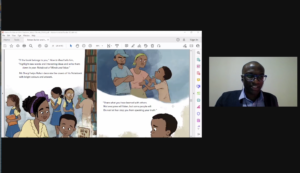
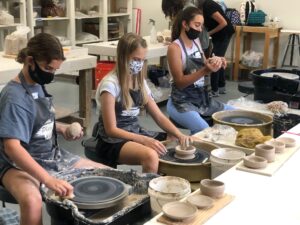
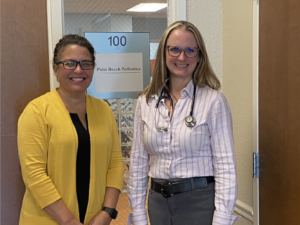
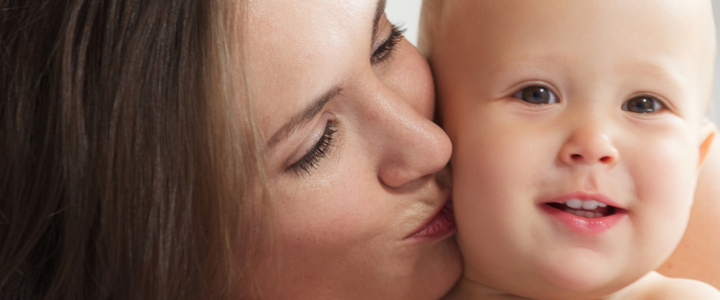
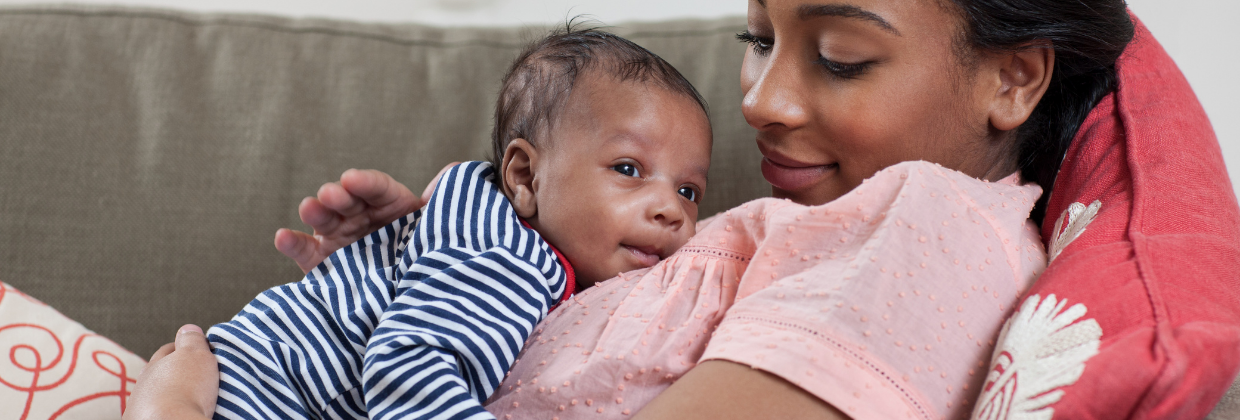
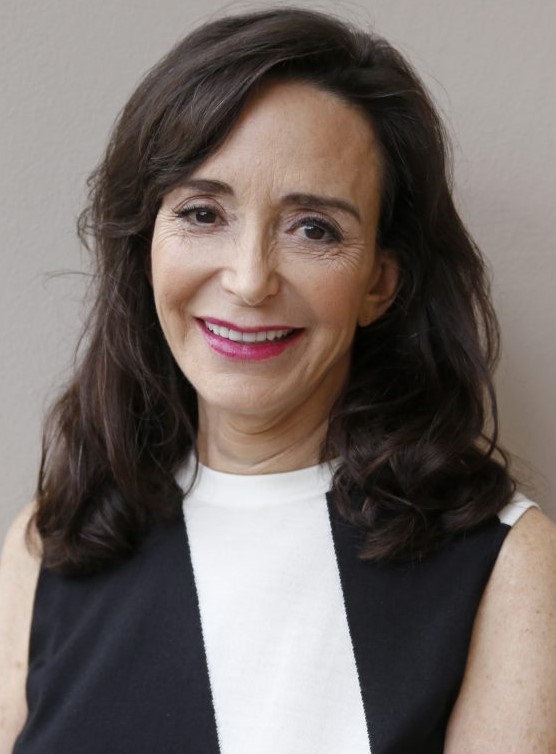 Julie Fisher Cummings, Chair of the Board for the
Julie Fisher Cummings, Chair of the Board for the 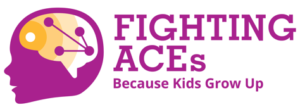


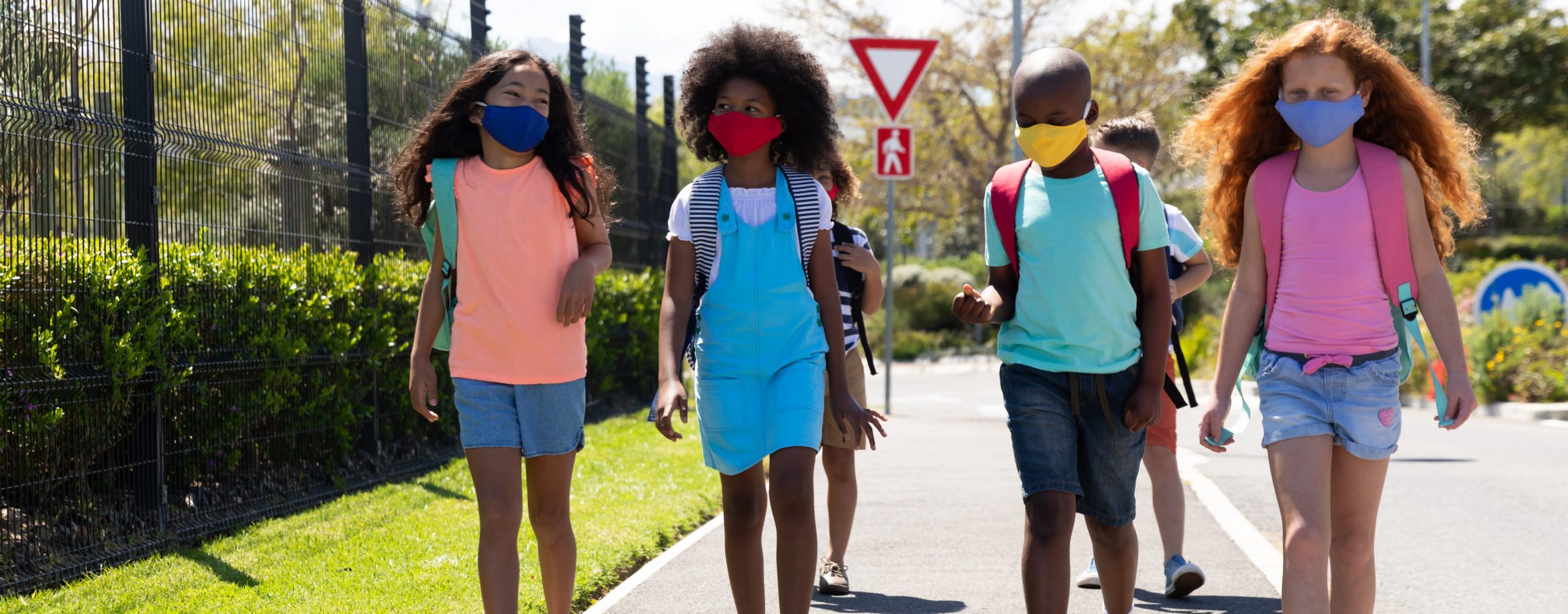
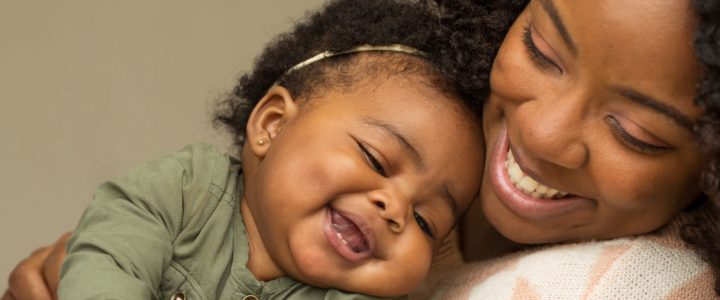
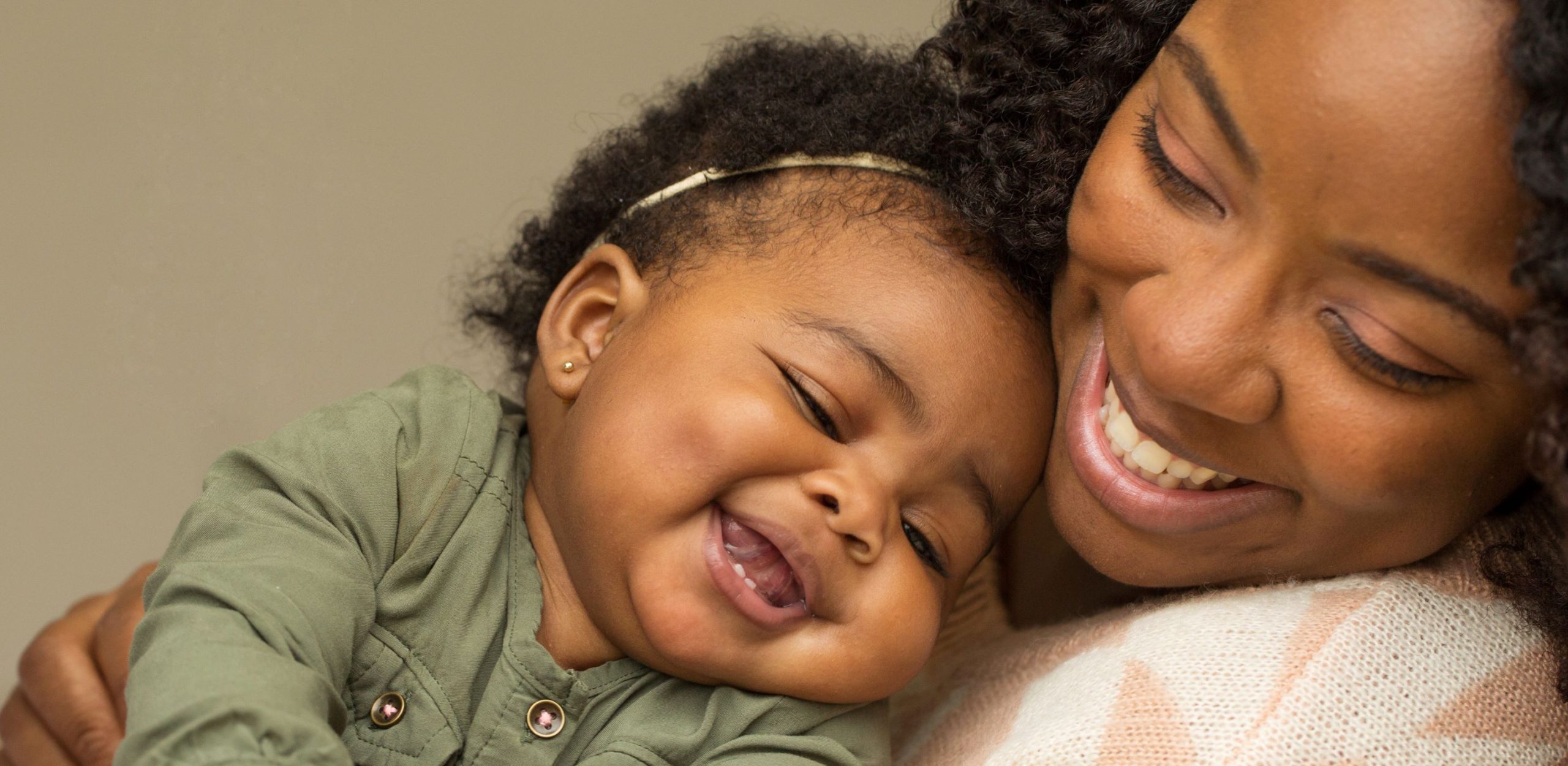
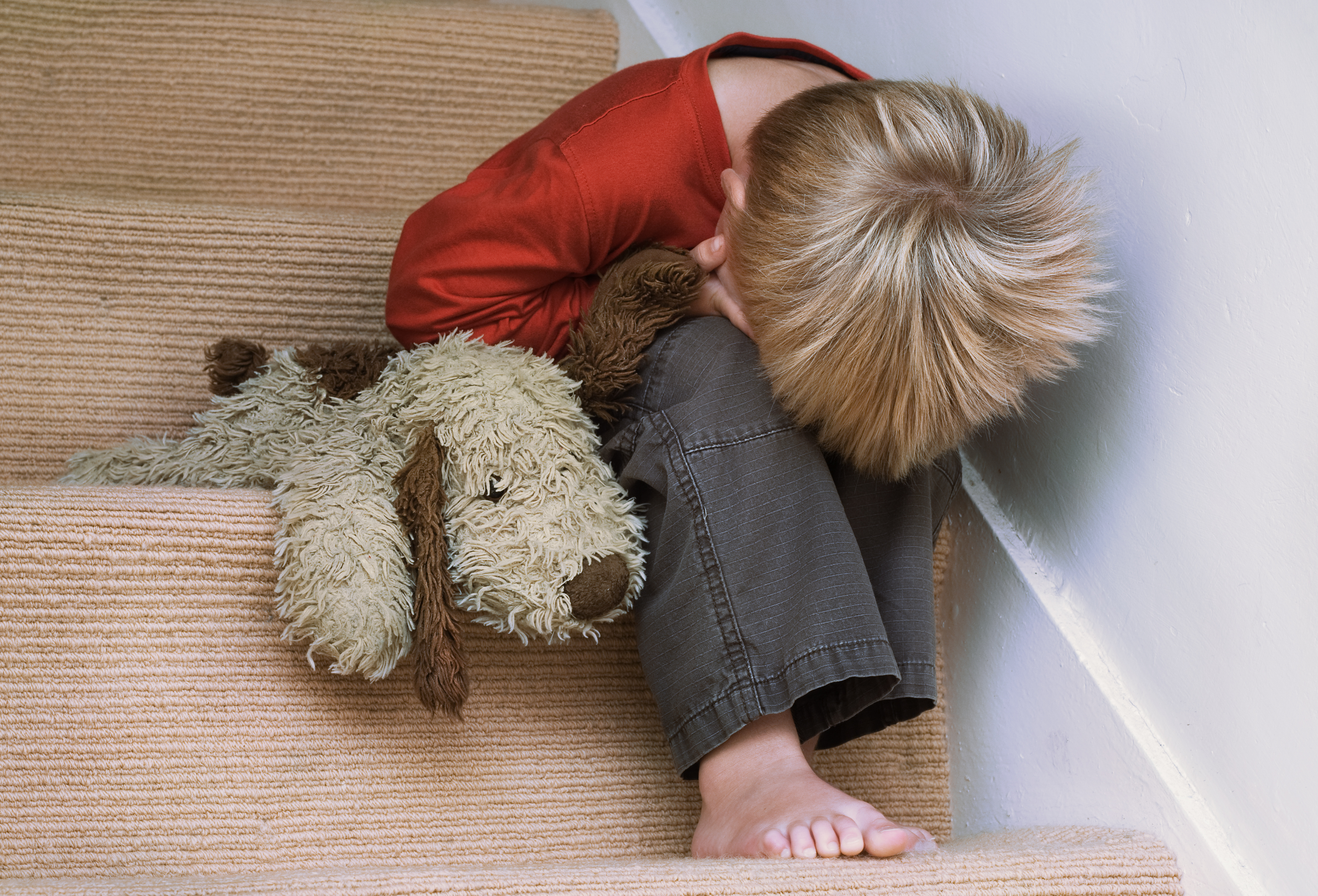 Clearly, the negative consequences of poor attachment show up early and can last throughout the lifespan. So, where do Adverse Childhood Experiences (ACEs) and attachment intersect? When we look at the original
Clearly, the negative consequences of poor attachment show up early and can last throughout the lifespan. So, where do Adverse Childhood Experiences (ACEs) and attachment intersect? When we look at the original  Even when children have missed out on vital primary caregiver attachment during the formative years, simple connection can go a long way to help them catch up developmentally. The old African proverb: it takes a village to raise a child has never been truer. Positive adult interactions can
Even when children have missed out on vital primary caregiver attachment during the formative years, simple connection can go a long way to help them catch up developmentally. The old African proverb: it takes a village to raise a child has never been truer. Positive adult interactions can 